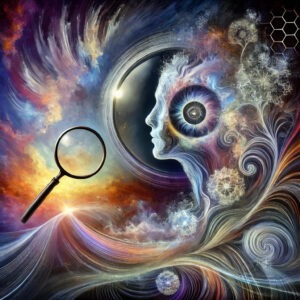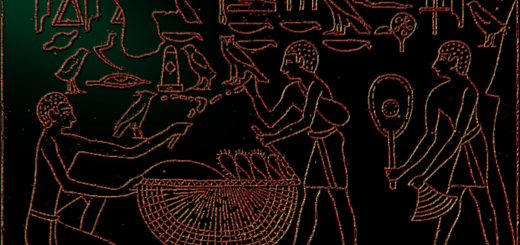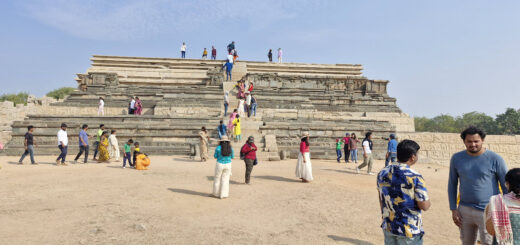Identity Beyond the Self: Unveiling the Power of Perception and Influence


A big revelation came to me some time ago. It relaxed me a lot, made me come to terms with a lot of problems I had faced, and a lot of problems that now I can sense are in their inception. It occurred to me that my identity is given by the others and it doesn’t belong to me. I may have some impact on it – both controllable as in the way I talk, walk, dress, who I claim to know, who I claim to be friendly with, where I live and generally how I carry myself, and uncontrollable like my height, my skin color, how I walk, how much I can hear or see, the number of moles I have on my face. I can try to change my hair color or my hairstyle or try to get hair-implants – but those do not constitute my identity – my identity remains within the confines of those who want to identify me.
This has broken down the racism I faced in Germany, hatred I faced in Chennai and the normalized hatred I have faced in my workplace. All these can now be broken down into their component pieces – there are components that belong to me, there are components that belong to nature and then those that belong to the identifier. Obviously, some may identify me one way and others may not, and some of those are agreeable to me and others not. But why, how much, when and where do they matter?
So, for example, beauty is in the eyes of beholder, but it is also in who you are and how you present yourself. Everyone has got their own ratio of mixing these three that they haven’t consciously thought about. But they still have it.
The logical conclusion is that this ratio is up-for-grabs. You can influence this ratio in other people’s mind without them knowing too much about it and impact the way they identify the real world. Unrelated to this I was thinking about an another idea – that divide-and-rule is the earliest form of politics – it exists in Cain-and-Abel’s story or the story of Adam and Eve; in Ramayana and Mahabharata. But now I see how where the origins of this idea lie, after the realizing of how one can impact other people and influence their worldview.
Once you have internalized that your own identity exists outside of yourself, you can also begin to identity yourself. You may think yourself as a Tamilian but then many others think of you as Indian. And what exactly do people mean when they say I am human? Isn’t identity all about picking apart one thing from the other? This must be why calling yourself a human first is not normalized in the world and futile activism.



